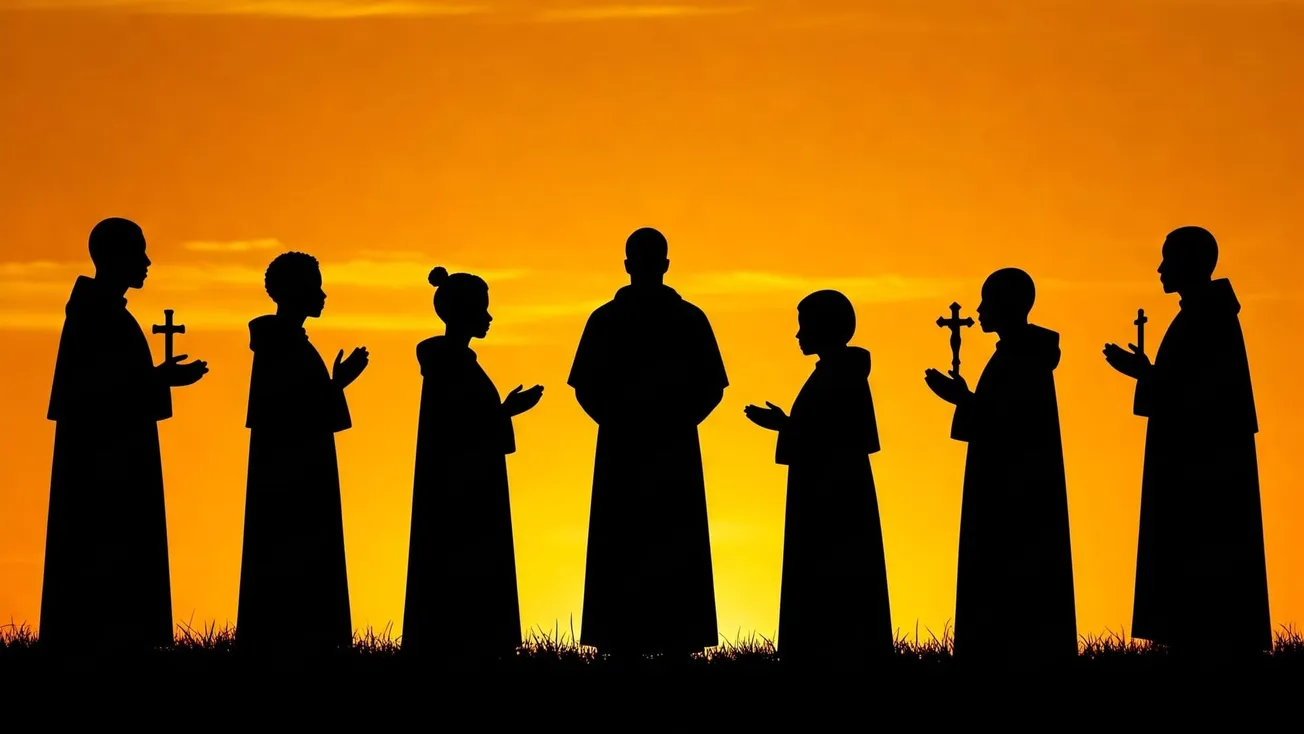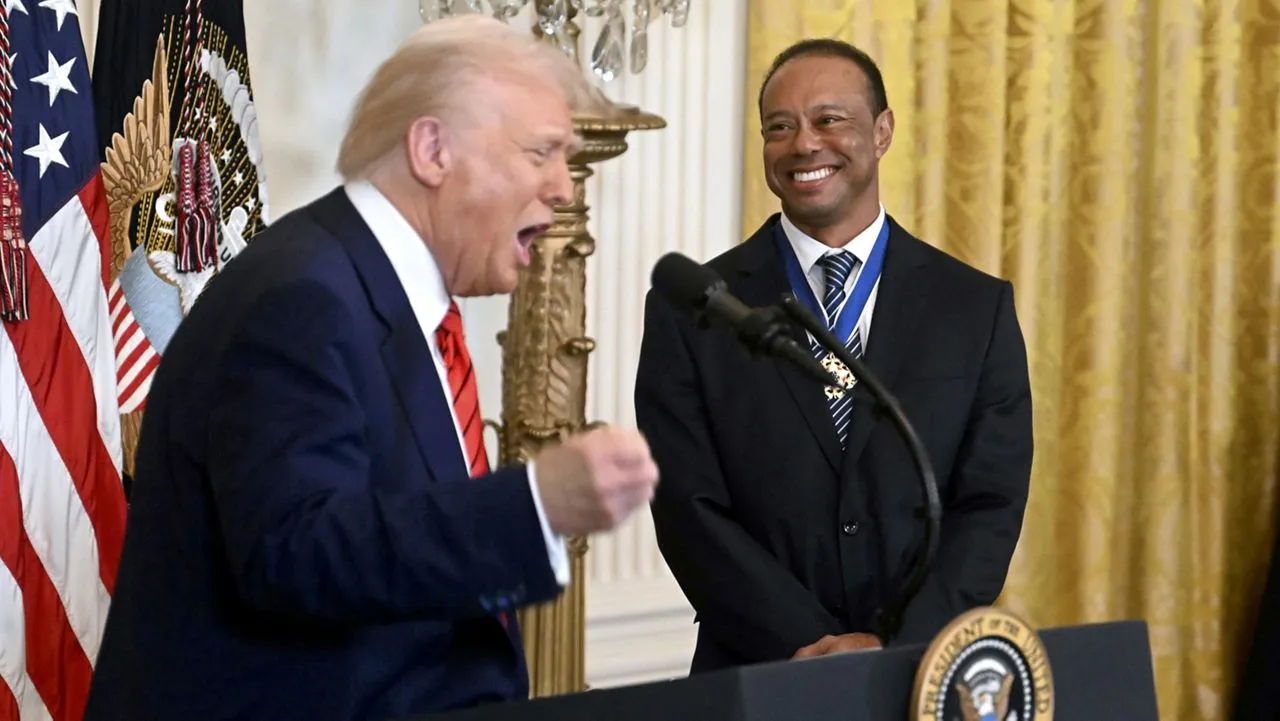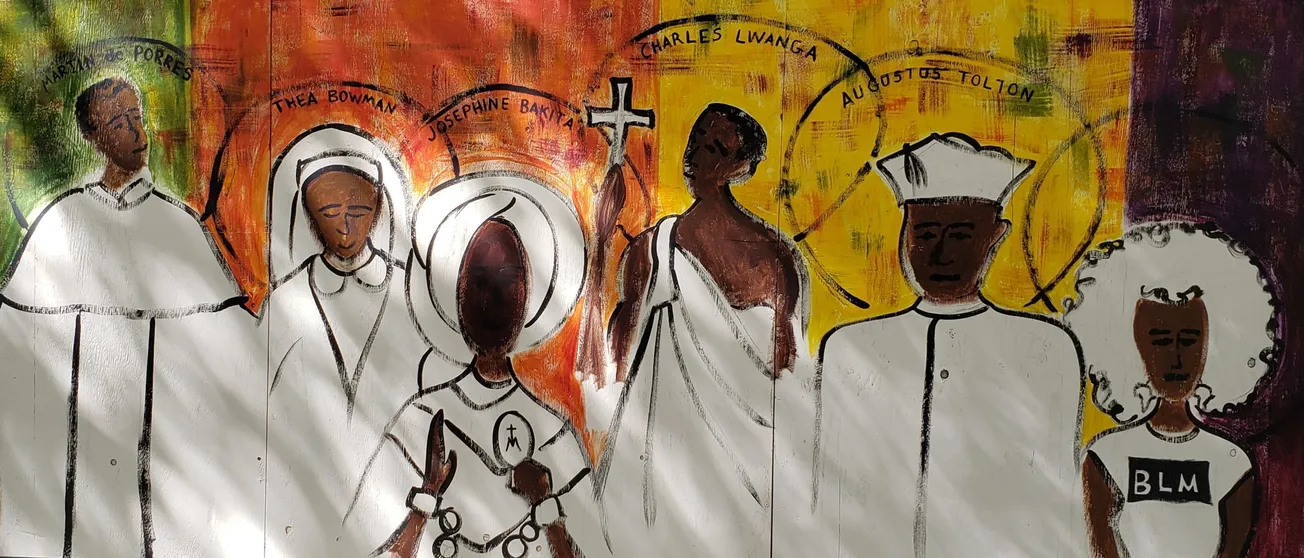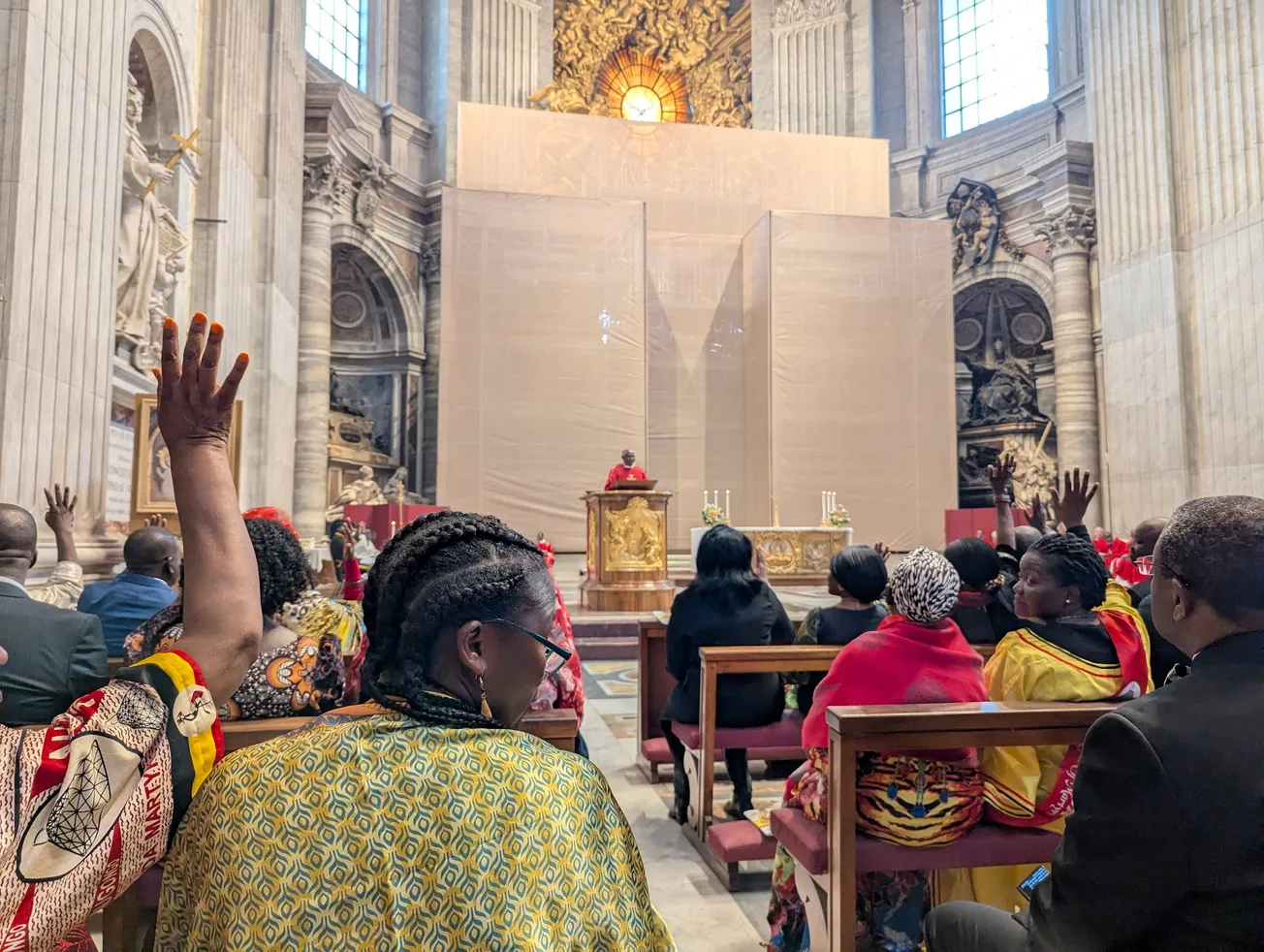Ever since I became Catholic at the Easter Vigil in 2018, I’ve noticed the fixation among many U.S. Catholics on the six African-American men and women on the road to canonization. So many in the Church are awaiting an announcement that will propel one of our Black Catholic ancestors to the official designation of a blessed or a saint.
Since embracing the sacrament of Confirmation, however, I have also observed many troubling signs concerning the presentation and reception of these saintly ancestors.
I’ve seen good-intentioned White Catholics clamor for an African-American saint to the point that their support conveys the idea that a canonization would absolve America’s original sins of slavery, racism, and White Supremacy. For many in the Church, a Black Catholic saint would demonstrate just how far the church has progressed for social equality in the Body of Christ. Though this may be true to an extent, many Catholics of African descent still feel hopelessly abandoned by Holy Mother Church in terms of faith, advocacy, and support.
These heroic men and women of extraordinary virtue and Holy Spirit-infused charity are often labeled as a (possible) “saint for our times,” which should prompt Catholics of African descent to ask, “Whose time?” If it were up to Black Catholics, these elders would have been canonized long ago.
Instead, “our times” refers to the dominant White American Catholic institution. Its longing for a Black saint at this moment seems on the surface like an olive branch to Black Catholics, that they’re finally willing to accept our longstanding historic contribution to Catholicism, which has paralleled the founding of the Americas. However, with the integration of the holy six into the mainstream consciousness of American Christianity, a dialogue is necessary about the continual impact of racism and how the Church must carry the torch for reform and racial justice.
The current lineup of Black canonized saints undoubtedly experienced serious racism within the boundaries of the Church and world they inhabited. As long as African Americans, Catholic or non-Catholic, continue to wrestle with racism, we must uncover the truth about the hostile practices and environments of old and how they remain with us as descendants.
When we explore the dimensions of the Catholic seminary, we can see similarities in how unwelcoming they were and still have been to Black Americans. Venerable Augustus Tolton had to study for the priesthood in Rome because the seminaries in America were vessels for racism and wouldn't accept him. We may think this is a distant and extreme case, but the heinous reality of racism is present even in modern history. Even a conservative darling, Justice Clarence Thomas, experienced soul-crushing racism while studying at Conception Abbey Seminary in Missouri. After hearing inflammatory comments from White classmates about the assassination of Dr. Martin Luther King Jr., he withdrew from studies.
The same kind of racism was thrown at Venerable Pierre Toussaint when he was denied entry to Old Saint Patrick's Cathedral, an institution he helped finance, because the doorkeeper refused to recognize his dignity as an African American. In the same way, Archbishop José Gomez of Los Angeles, the immediate past president of the U.S. Conference of Catholic Bishops, has excoriated modern social justice movements, many of which seek human rights and equal dignity under the law for African Americans.
If we're going to do the legacy of the holy six any justice, it is essential to continue the conversation about how racism continues to play an influential part for many in the Catholic Church. To gloss over the significant challenges they encountered is to separate the saint from the oppressive socio-political context they had to endure. By weakening their story, we separate their struggle from our present-day efforts for human dignity and the common good.
For many White Catholics, their zeal for the holy six comes from a place of escaping responsibility. The White Catholic majority is perfectly comfortable with embracing one or two of us among the saintly ranks to portray the Church as welcoming and inclusive. However, when it comes to facing racial injustice, Black Catholic church and school closures, and the need for an independent Black ordinariate, many don’t fight with the same passion. Similarly, on social, political, and economic issues related to African Americans, many Black saint cheerleaders ignore the mandate for embracing Catholic social teaching to empower the powerless.
As documented by Pew Research, Black Catholics overwhelmingly expect churches to offer a sense of racial affirmation, political support, and assistance with human needs. To overlook the importance of these topics is to be oblivious to the Black Church and to African Americans in general.

The African-American Catholics we venerate today wholeheartedly embraced these focuses in their ministry. While working as a nun in still-segregated Mississippi, Servant of God Thea Bowman regularly encouraged self-empowerment and recognized the dignity of the Black children in the schools where she served. She emphasized the pride to be found in their African heritage and in affirmations like “Black is beautiful.” Thea knew that her dedication to African Americans was both a ministry of joy and the elevation of an estranged people in America to their rightful position as children of God.
If the Catholic Church wants to incorporate our saints, then they need to adopt and advocate for our issues. Simply using these incredibly righteous figures as a “mark of progress” without actually carrying their mantle of economic, political, and social advancement for the people they ministered to would be an affront to their life-giving legacy as patrons of African Americans.
With all these facts in consideration, what recourse do Catholics of African descent have at this moment? There's no doubt that these six should be numbered among the saints. They did the challenging and monumental work in a time when Blacks were still considered chattel and subhuman. Servant of God Mary Lange and Venerable Henriette DeLille created the first historically Black religious orders in the U.S., the Oblate Sisters of Providence and the Sisters of the Holy Family, which are still operating today. Given the patriarchal system that restricted women’s autonomy and the White Supremacy that denied Black opportunity, this achievement is meritorious for the entire Church.
An important step in safeguarding our Black saints and advocating for their work with Black Catholics and African Americans today is to start with our shared faith. Regarding matters of spirituality and the Catholic faith, we must be in communion with the Bread of Life. The work to rectify the failures of the American Church will require supernatural fortitude for the long journey. With each step, our witness must be centered on the love of Christ.
This work must also be a ministry of reconciliation. I think back to Sister Thea’s seminal speech to the U.S. bishops in 1989, on reconciling the American Church to the true intent of Catholicism. She admonished the hierarchy for their indifference concerning Black spirituality and advocacy, and she also showed them how to truly recognize the dignity of Black Catholics. We too must cooperate in the ministry of peacemaking performed by Jesus Christ to dismantle the divide that sin has caused. By doing this, we will be closer to the core of Christ’s teachings and to the consistent messaging of Pope Francis to have a preference for those on the peripheries.
If the Church had always been anti-racist, as Archbishop Gomez declared in his infamous screed, Bowman’s speech wouldn’t have been necessary. In fact, the existence of a Black Catholic tradition borne from slavery, forced segregation, and racism evinces the opposite of a prejudice-free Christianity. The righteousness of the Gospel can’t coexist with the depravity of passivity and the silence on racial justice that has existed for centuries among many in the American Church.
We love our Black Catholic saints-to-be and we know they’re constantly interceding for our Spirit-infused work to bear eternal fruit for the ultimate mediator, Jesus Christ. With this amazing spiritual communion, we owe it to all of our ancestors to ensure they have the proper honor and designation as heavenly protectors for all Catholics of African descent.
Efran Menny is a husband, father, and small-time writer. He’s a passionate educator, student of social work, and host of the "Saintly Witnesses" podcast.










